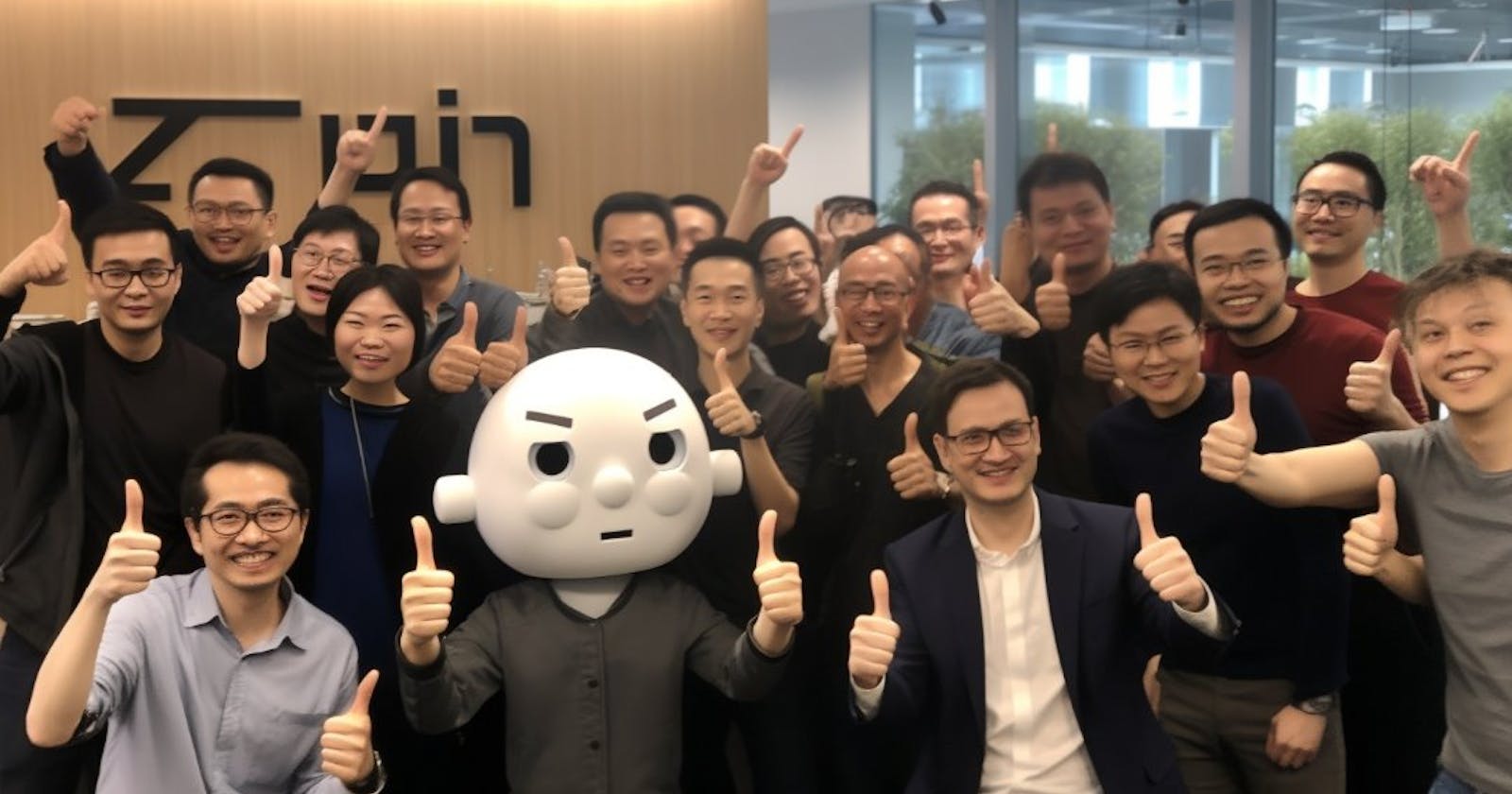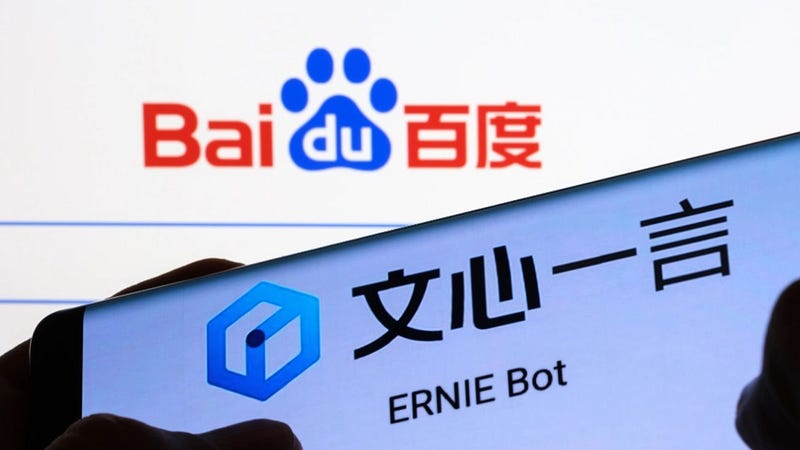Alibaba and Tencent, two big Chinese companies announced, invested 2.5 billion yuan (which is about $342 million) in a Chinese AI startup called Zhipu this year. This is part of a trend where a lot of money is going into the AI field.
These two major tech companies in China, along with others like Ant Group and Xiaomi, supported Beijing Zhipu Huazhang Technology. This company is trying to create AI systems like ChatGPT, which is made by OpenAI.
Other companies like HongShan, which used to be called Sequoia China, and the popular food delivery service Meituan also participated in this investment, as stated by the company. Many of these same companies also invested in Zhipu’s competitor, Baichuan, in a recent funding round worth $300 million.
Top AI Startups: Zhipu and Baichuan
Zhipu and Baichuan are well-known startups that are working on creating artificial intelligence that can generate content. They want to be as good as big names like OpenAI, supported by Microsoft, and Google. Many venture capital companies and leaders in the tech industry are investing a lot of money into training and improving AI services, similar to what’s happening in Silicon Valley and Europe.
Established in 2019, Zhipu AI was created based on research conducted by the Knowledge Engineering Group at Tsinghua University, a highly respected institution in Beijing. The company’s CEO, Zhang Peng, earned a Ph.D. from Tsinghua’s computer science department.
The funds that Zhipu AI has raised this year will be used to further enhance its foundational large language model (LLM), which is the technology used to train AI chatbots like ChatGPT. In June, Zhipu AI announced that it would make its ChatGLM2–6B LLM available as open-source software.
Baidu’s Ernie and Zhipu’s ChatGLM
Recently, Robin Li, the billionaire founder of Baidu Inc., claimed that his company’s large language model, Ernie Update, is just as good as OpenAI’s GPT-4, and he believes his company is leading in the race for AI in China.
Zhipu’s chatbot, ChatGLM, was among the first batch of generative AI services that received approval from the Chinese government for public use in late August. Since then, they have released a model that anyone can use and a chatbot called Qingyan.
China’s Challenges the US in AI
The interest in Zhipu and similar companies shows how the growing competition between the United States and China in AI has bigger consequences. This competition is expected to change various industries, such as transportation, media, and finance.
It might even drive a new phase of economic growth. AI technology can also be used by governments and the military, which could make the already tense relationship between Washington and Beijing more complicated.
This month, the United States made it harder for China to get advanced computer chips from companies like Nvidia. These chips are essential for training and using AI models. Many experts in China’s tech industry believe that Chinese AI developers might need to start using alternative chips made in their own country in the future.
However, the United States is also putting AI chip design companies on its list of restricted firms.
Conclusion
Chinese giant companies like Alibaba and Tencent put a lot of money into Zhipu, which is part of a trend of investing in AI. Zhipu, along with other companies like Baichuan, wants to compete with famous AI companies like OpenAI. This competition has big implications for different industries and international relations.
Chinese AI firms, including Baidu with its model Ernie, are aiming to be recognized globally. Although Zhipu got approval from the government and shared its technology, there are still challenges, like the US making it harder for China to get advanced computer chips. The competition is ongoing.


